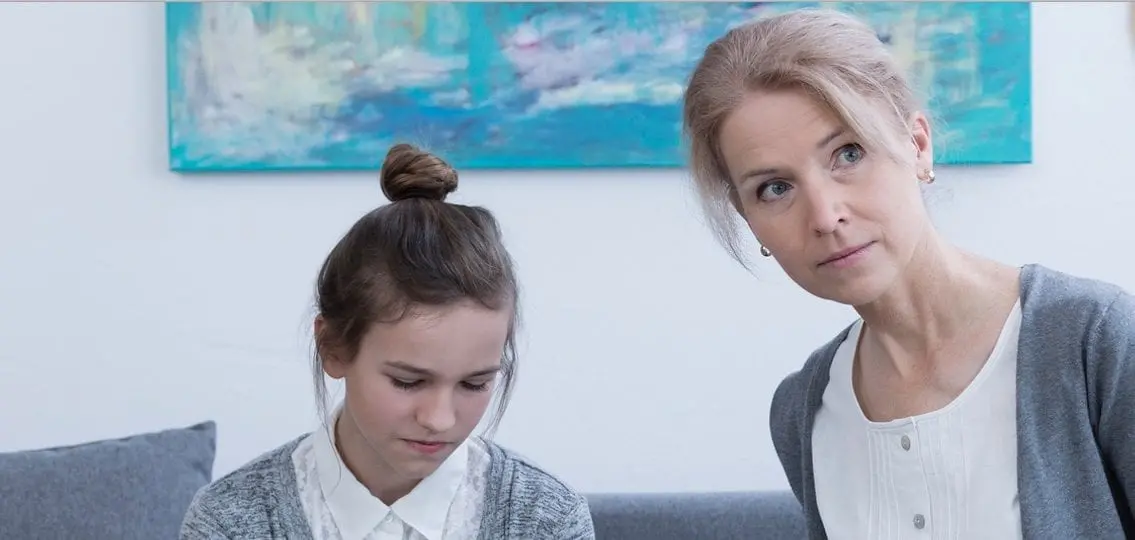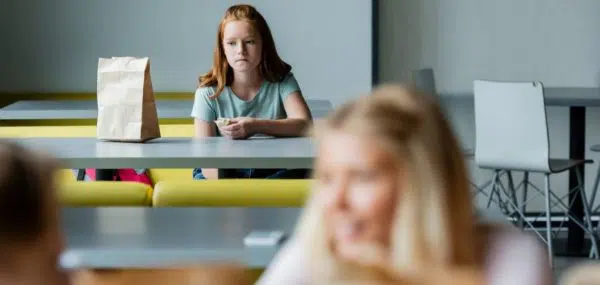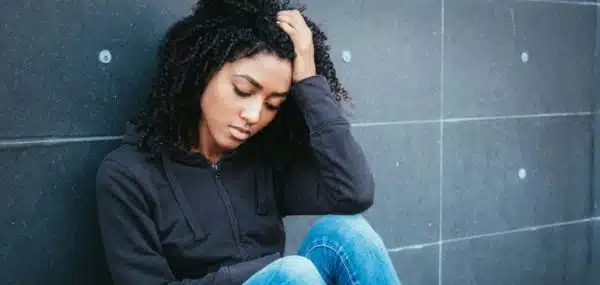I waited with growing excitement to hear all about my daughter’s first day of high school.
“Well?” I said. “How was it?”
“It was okay,” she said.
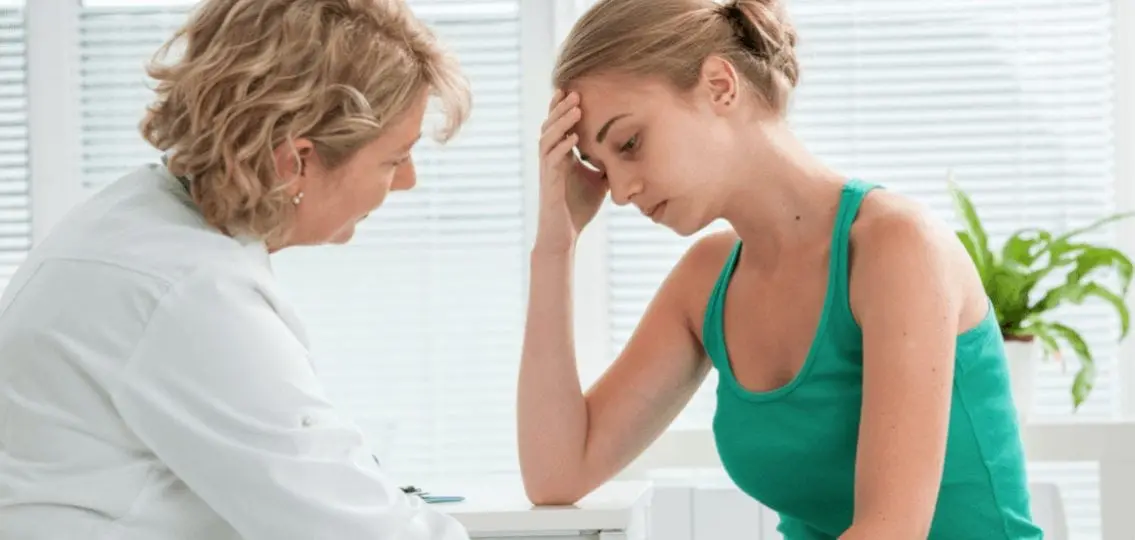
“Who did you eat lunch with?” I asked.
“I ate alone, Mom,” she replied and went straight to her room while my heart sank deep into my abdomen.
“Look for a friendly face, and ask if it would be okay to sit down,” was my advice as she left for school the next day. She did ultimately find lunch-mates, but the kids at the table repeatedly made plans and didn’t invite her.
What could I do? I was her mother after all.
Shouldn’t I be able to fix this and all of her other teenage problems? I imagined that every day behind her closed bedroom door she was crying with despair into her pillow.
I blamed myself for her lack of community at school. Academically she was fine, but she didn’t have a peer group, and I couldn’t stop thinking that we had made a terrible mistake by not sending her to a tiny private school instead of the local high school. I lamented over the choice we made, but I couldn’t go back and change it. At the end of Week One, I sat down and wept to my husband.
“I should have at least made her stay with soccer or softball,” I cried. “This way she’d have teammates to be friends with.”
“She’ll be fine,” he said. “Give her some time.”
How did he know she’d be fine? Where was the proof? My own anxiety was taking over. I revisited every moment leading up to her first day.
I should have let her buy that overpriced top she wanted. That would have sparked a conversation beginning with, “I love your shirt! Where did you get it?”
I wanted her to be popular, and instead, she had no friends, no group where she fit in, and no idea of how to find one in this big school.
Since I blamed myself for the situation, I felt I had to fix it.
“Just extend an invitation instead of waiting to be asked,” I suggested. “Isn’t there even one club you like? What about the school play? You should do that.”
My eagerness to help was only adding to her anxiety.
“Mom,” she said, “please stop trying to fix this! It’s all we ever talk about anymore!”
“But I’m on your side,” I told her. “I just want to help.”
“Then stop,” she said.
She wanted me to stop and do nothing? I’m not a do-nothing kind of person. Every nerve ending in my body resisted the idea, but I had become part of the problem instead of the solution.
What now? Research! Every resource for helping teens I found said the same thing. Just be there for them; don’t try to fix the problems for them.
Watching her sit in an uncomfortable place without trying to help felt harder than chewing off my own fingers.
I checked her social media like crazy for any sign of progress or for depression. I needed evidence that she would be okay. It was hard for me to let her stay in her room after school. I kept thinking: I should check on her, make sure she’s happy, feed her, do something to help! How can we do nothing? My daughter has no friends!
Weeks went by, and I found that having weekend plans for all of us was the best idea. It was far better to tell her that we had a fun thing to do on Saturday afternoon than to ask if she had plans and force her to discuss her empty calendar. After a month or so, she came home from school energized instead of drained. “One of the kids in my art class loved this ring I made,” she said. “I told her I’d make her one.”
I went right out to the craft store and bought her whatever she wanted.
I’ll never forget her voice when she said, “Mom, I got invited to a birthday party.”
It felt like the first time I exhaled in over a month.
What relief! She was included. It was going to be okay.
So what if she didn’t play a sport or didn’t try out for the school play? She would never be happy if she wasn’t true to herself, and those things were on my agenda, not hers. She had found a place. It happened slowly, but on her terms, not mine.
A sympathetic ear, a shoulder, and a hug are all she really needed from me.
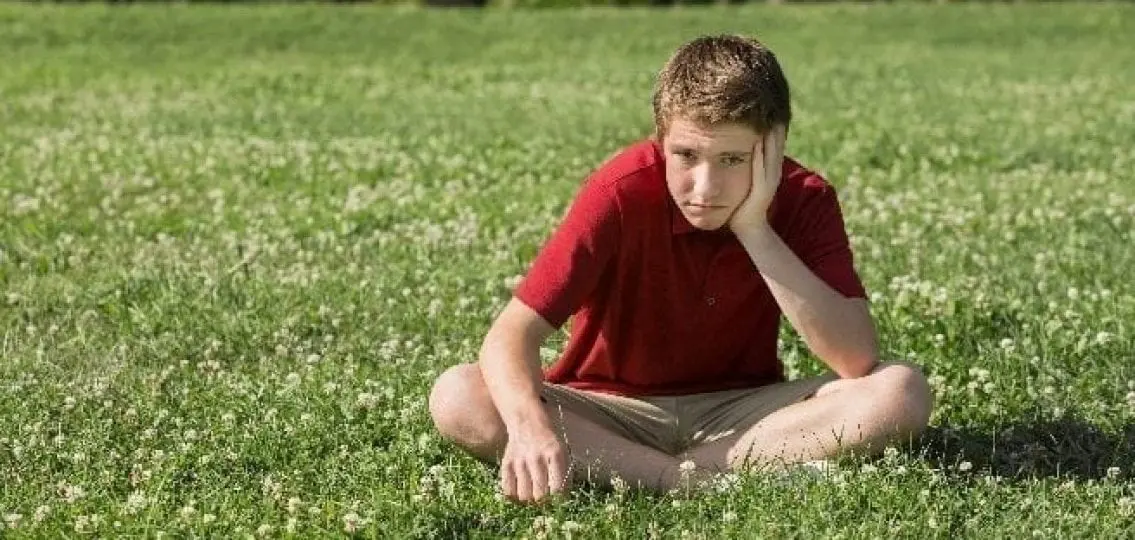
I still slip and offer unsolicited advice sometimes. After all, that is my true self, and she finds a way to let me be me. Who would have guessed that understanding each other’s needs would be a nice and unexpected side effect of a lousy start to her freshman year.
